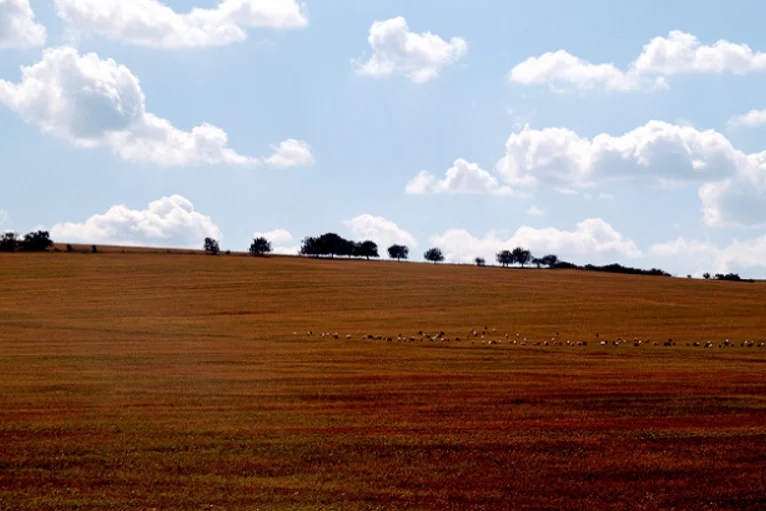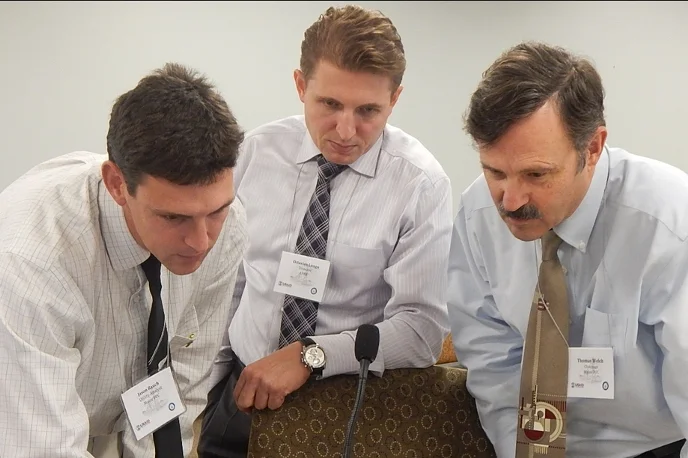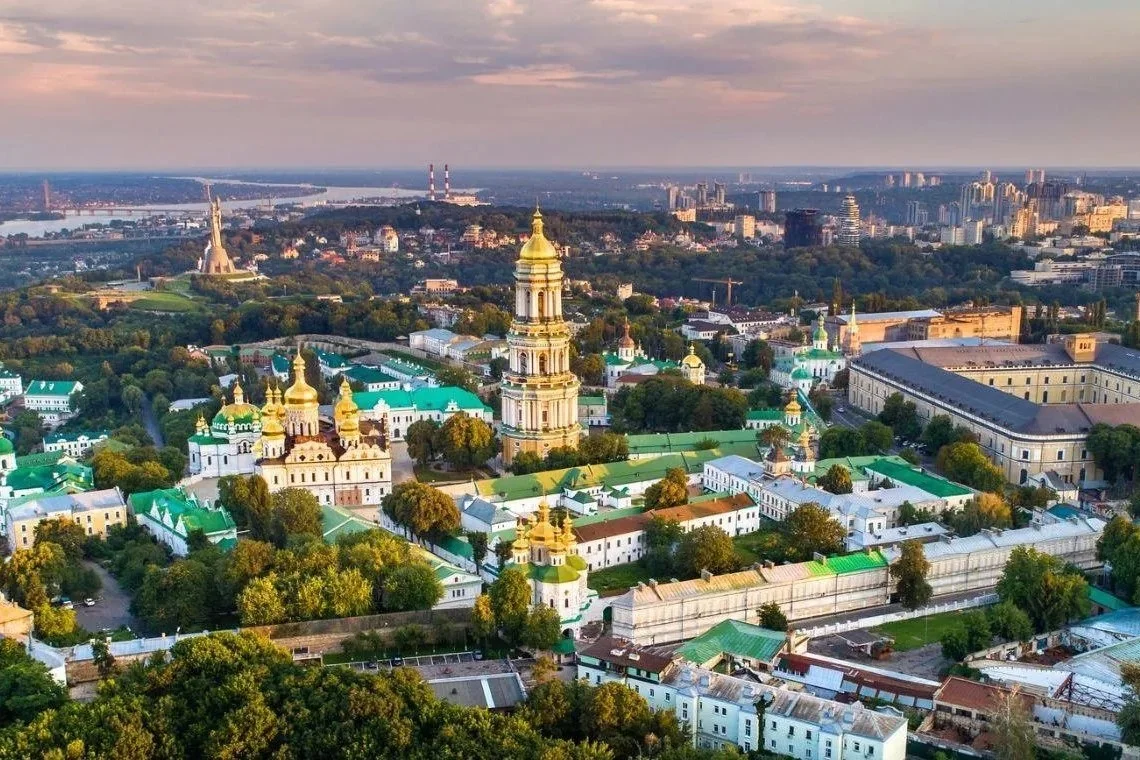SUSTAINABLE AGRICULTURE IN MOLDOVA KEY PART OF ECONOMIC GROWTH

Moldova, officially the Republic of Moldova, is a landlocked country in Eastern Europe, bordered by Romania and Ukraine. Once part of the Soviet Union, Moldova was among the richest countries in Europe. Today, despite recent progress, it remains the poorest country on the continent.
Moldova is predominantly an agricultural nation, with approximately 75 percent of its land used for farming. However, the country still faces challenges such as food insecurity and an unstable economy. The Moldovan economy is hindered by high government spending and low government integrity, and it relies heavily on agricultural exports.
Recently, initiatives have been introduced to create sustainable agriculture in Moldova and to enhance the competitiveness of the agro-food sector.
The World Bank funded the Moldova Agriculture Competitiveness Project, aimed at enhancing the competitiveness of the agro-food sector by modernizing food safety management, increasing market access for farmers, and promoting sustainable land management. This project, which received over $20 million in funding from the World Bank, including additional funds, is expected to increase Moldovan agricultural exports, leading to future economic growth.
EcoVisio, a Moldovan non-governmental organization, was created to raise awareness and educate the public on sustainable development, particularly in establishing sustainable agriculture. The organization focuses on education in organic agriculture and eco-construction, which will contribute to food security in Moldova.
The Food and Agriculture Organization (FAO) of the United Nations has also implemented initiatives in Moldova. Since 2015, the United Nations has spent more than $1 million to create and strengthen sustainable agriculture in the country. Under the Technical Cooperation Program, the FAO has been working to improve the food safety system in Moldova, aiming to grow safer and healthier food and thereby enhance food security.
The FAO is also promoting sustainable agriculture in Moldova through pest control. Specifically, the United Nations initiative focuses on integrated pest management, the disposal of obsolete and harmful pesticides, and creating conditions conducive to food safety.
These initiatives have already begun to stabilize the economy. Moldova’s GDP exceeded $6 million, which, though still low, is gradually increasing. Unemployment has also dropped to just over 4 percent.
While Moldova still has a long way to go before achieving a fully sustainable agriculture system, these programs and projects have laid a strong foundation. By continuing to build on this groundwork, Moldova’s economy will have a better opportunity to stabilize and prosper further.
 Albania
Albania Algeria
Algeria Andorra
Andorra Argentina
Argentina Armenia
Armenia Australia
Australia Austria
Austria Azerbaijan
Azerbaijan Bahrain
Bahrain Belgium
Belgium Bolivia
Bolivia Brazil
Brazil Bulgaria
Bulgaria Cambodia
Cambodia Cameroon
Cameroon Canada
Canada Chad
Chad Chile
Chile China
China Colombia
Colombia Costa Rica
Costa Rica Croatia
Croatia Cyprus
Cyprus Czechia
Czechia Denmark
Denmark Ecuador
Ecuador Egypt
Egypt Finland
Finland France
France Georgia
Georgia Germany
Germany Ghana
Ghana Greece
Greece Hungary
Hungary Iceland
Iceland India
India Indonesia
Indonesia Ireland
Ireland Italy
Italy Jamaica
Jamaica Japan
Japan Jordan
Jordan Kazakhstan
Kazakhstan Kenya
Kenya Kuwait
Kuwait Latvia
Latvia Lebanon
Lebanon Libya
Libya Lithuania
Lithuania Luxembourg
Luxembourg Malaysia
Malaysia Maldives
Maldives Mali
Mali Malta
Malta Mexico
Mexico Moldova
Moldova Monaco
Monaco Morocco
Morocco Netherlands
Netherlands New Zealand
New Zealand Nigeria
Nigeria North Macedonia
North Macedonia Norway
Norway Oman
Oman




